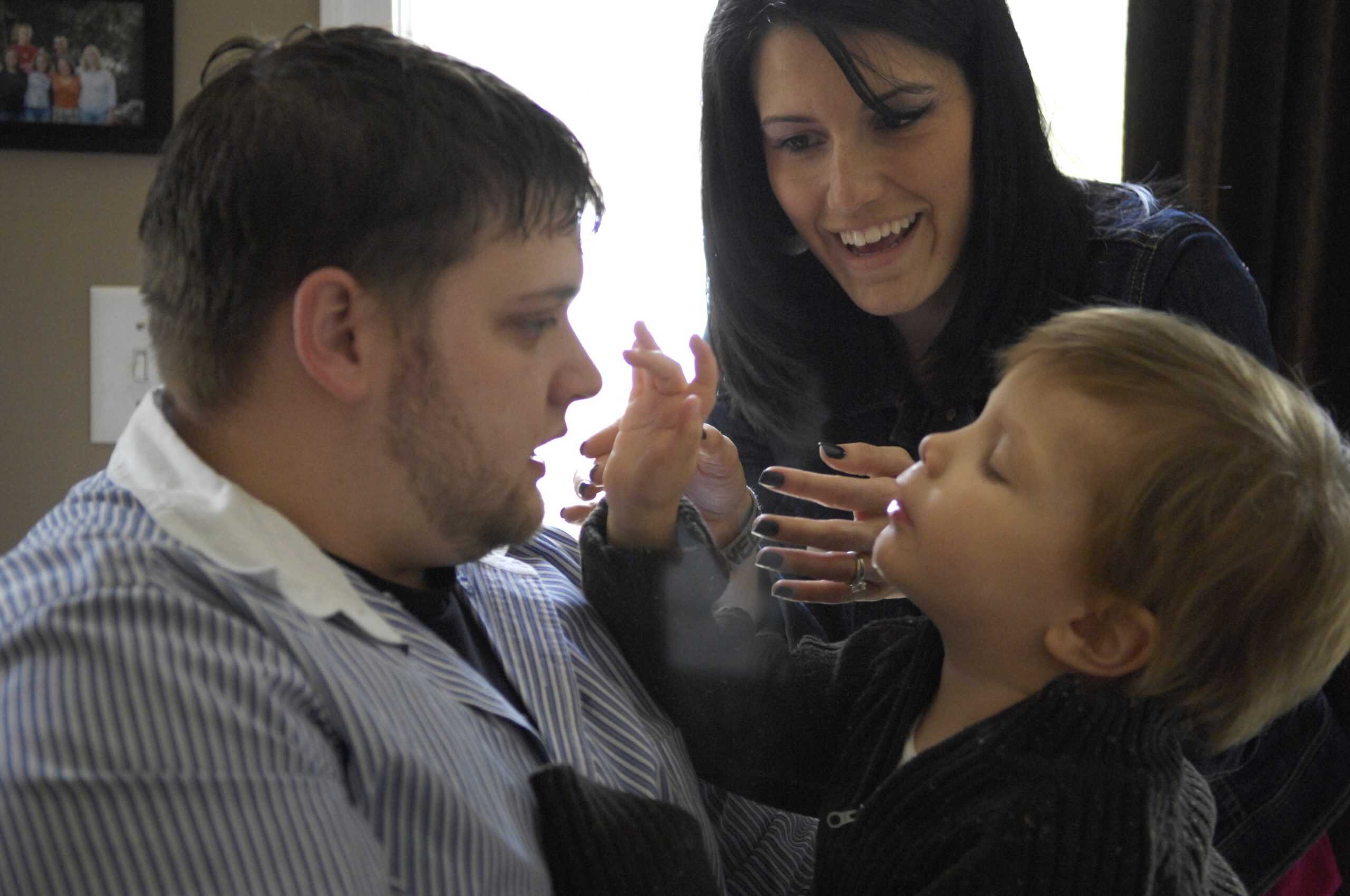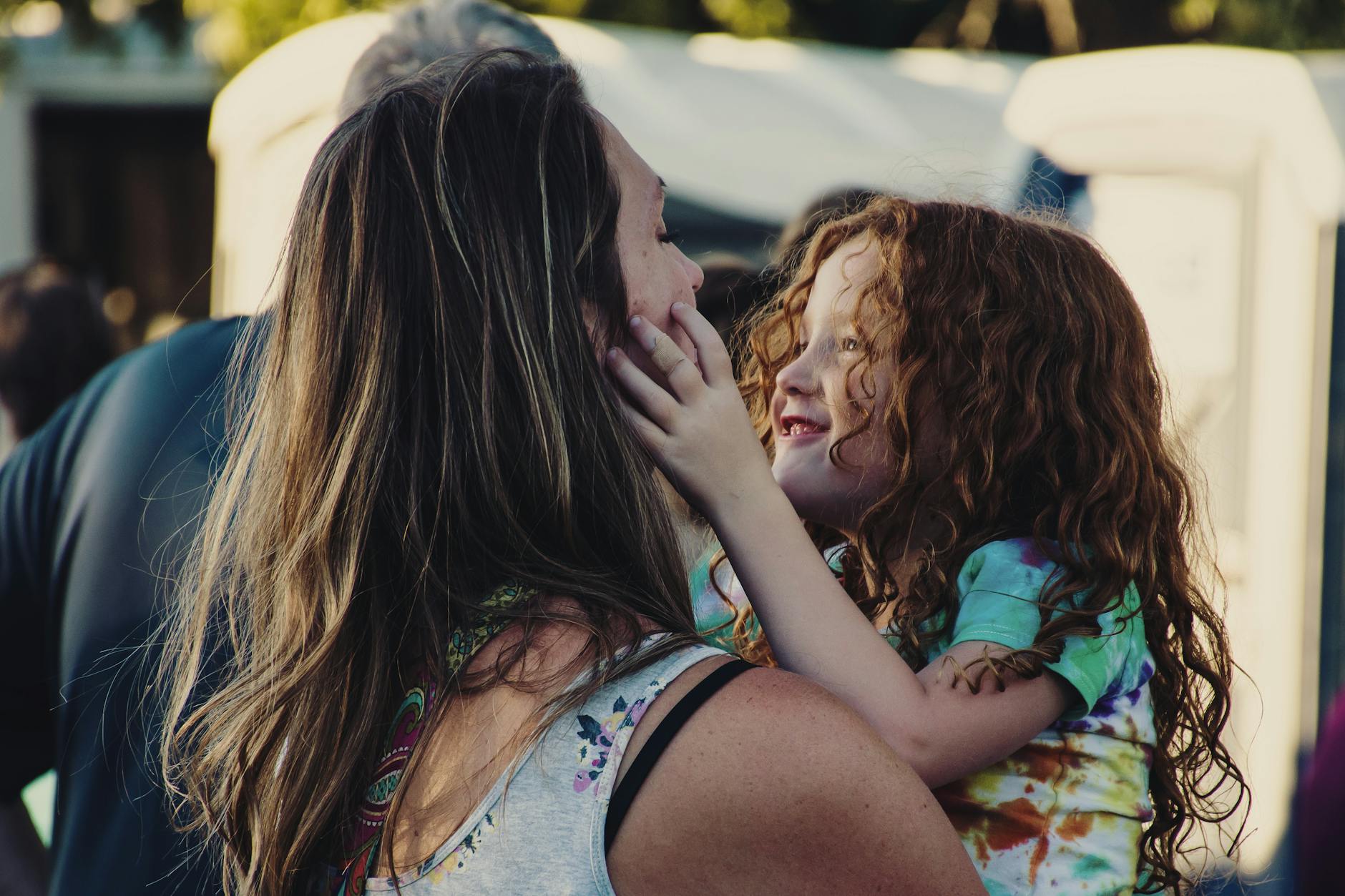Insightful Man on Autism Spectrum Enlightens Us With His Perspective

|
Getting your Trinity Audio player ready...
|
The information below is posted with permission from an anonymous individual on the autism spectrum! We would love more than anything to credit the author by name; however, he requested anonymity!
Learning I Was On the Spectrum
“Do you remember the moment you first heard the word autism? I do. It was February 3, 2004. That was when my mother decided to tell me I was autistic. A lot of things in my life made sense now to me of why I did certain things that other kids in my class didn’t do, like rocking, flapping, and walking on tiptoes; and why I felt the urge to make certain repetitive noises. (Vocal stimming.)

I now understood the very basics of why I was pulled out of class for speech therapy, social skills training & occupational therapy. I didn’t really know why I needed it until then.
Sensory Overload
I now understood why the world felt so loud, why the lights felt so bright, why I still needed help with the restroom, why I tore up my clothes or cried getting dressed, why I refused to shower and brush my teeth until I was physically forced to take a bath, why I pounded my head and thighs to the point of bruising and why I felt the need to physically lash out or run and ended up restrained by adults…sensory overload.
I now understood why it was hard to make friends and understand people. I now knew that there was a name for my type of brain, which meant there were other people out there like me even if I didn’t meet them yet.
Negative Messages Filled my Mind
But I do remember feeling shame about being autistic because the messages I would see and hear about autism were so negative.
And to this day I am still un-learning a lot of internalized ableism after years of messages built and drilled into me that I must perform to neurotypical (NT) standards without question and felt shame when I had any obvious autistic behavior that I could not control or hide since my brain is not wired NT (neurotypical).

I never had any accommodations to be “allowed” to be comfortably autistic and have my needs met.
Instead, it was always me having to accommodate neurotypical people at my expense of serious discomfort and distress to the point I would eventually break and meltdown because I couldn’t mask it anymore.
They didn’t want to be embarrassed or disturbed by my needs.
So over time, I started to think I was a bad person because of my outbursts and behaviors that used to be pretty severe. But as I started to finally meet other autistic people as an adult, I started to realize that we were good fish but we were swimming in toxic water.
We were good individuals but were living and experiencing toxic environments that affected us and made us think we were inherently less or bad.
Be Mindful of How You Speak and Interact
So now I try to drill the message into folks to be so careful of what you, your autistic loved one’s providers (therapists, teachers, doctors, etc.) and organizations say to and about your child and about autism in general.
It is those messages that will be internalized as we understand far more than people think, even as kids. “It’s easier to build up your child rather than repair a broken adult” is a quote I truly believe.

A lot of the mental health challenges I eventually had that led to 37 hospitalizations I firmly believe grew from the seeds of people telling me autism was bad and it must be corrected; and I must be bad because I couldn’t hide it well or be what others wanted all the time and was constantly punished.
Many happy flaps today ?”

Education and Behavior – Sharing Inspirational Stories and Perspectives as a Supplement to Our Free Online Library of Research-Based Strategies for Children.






